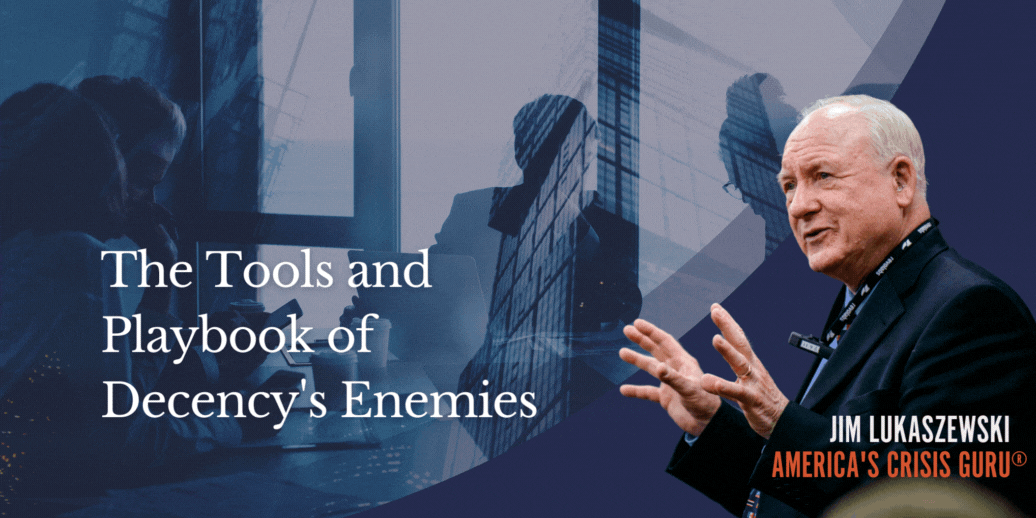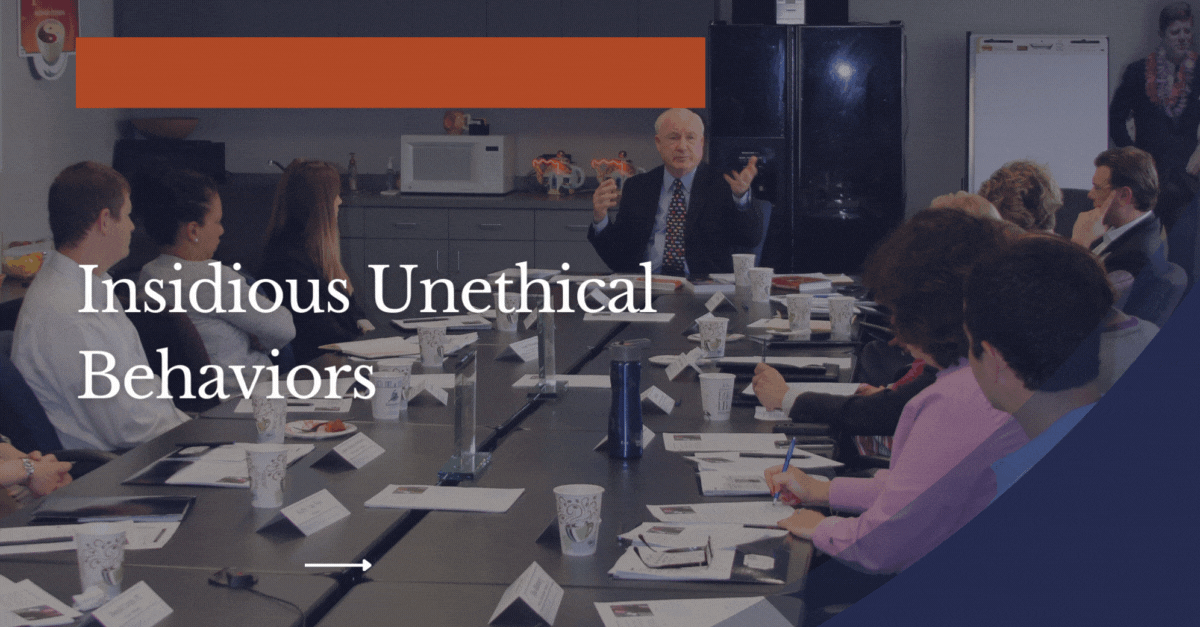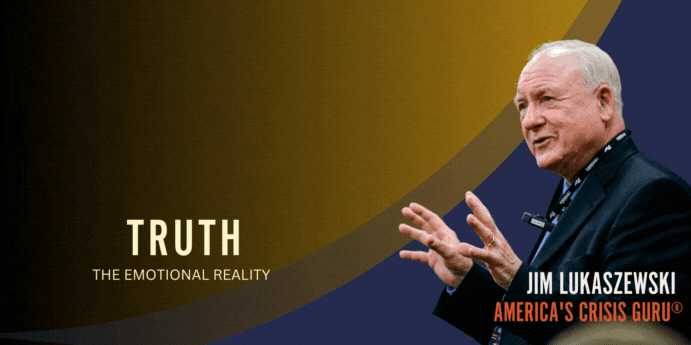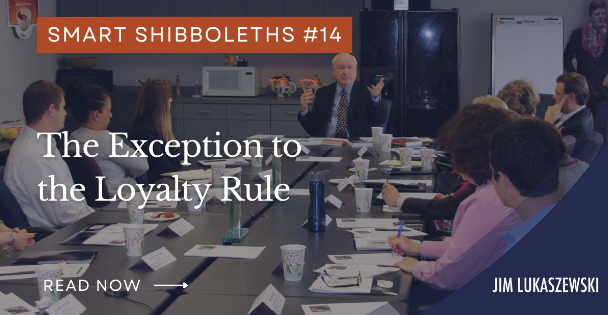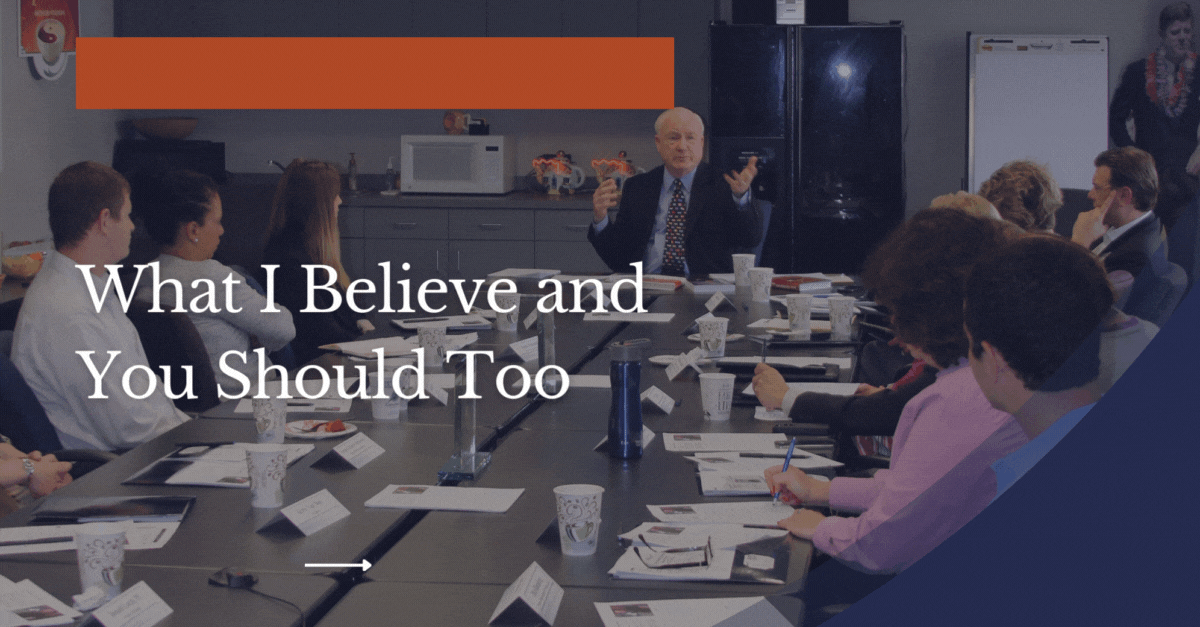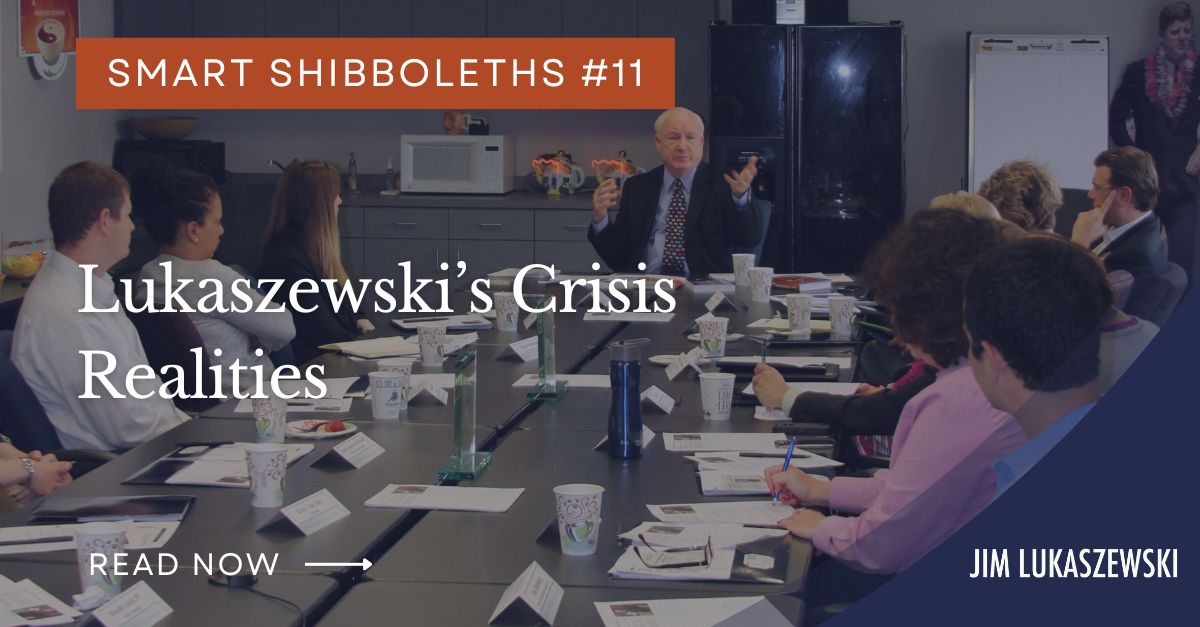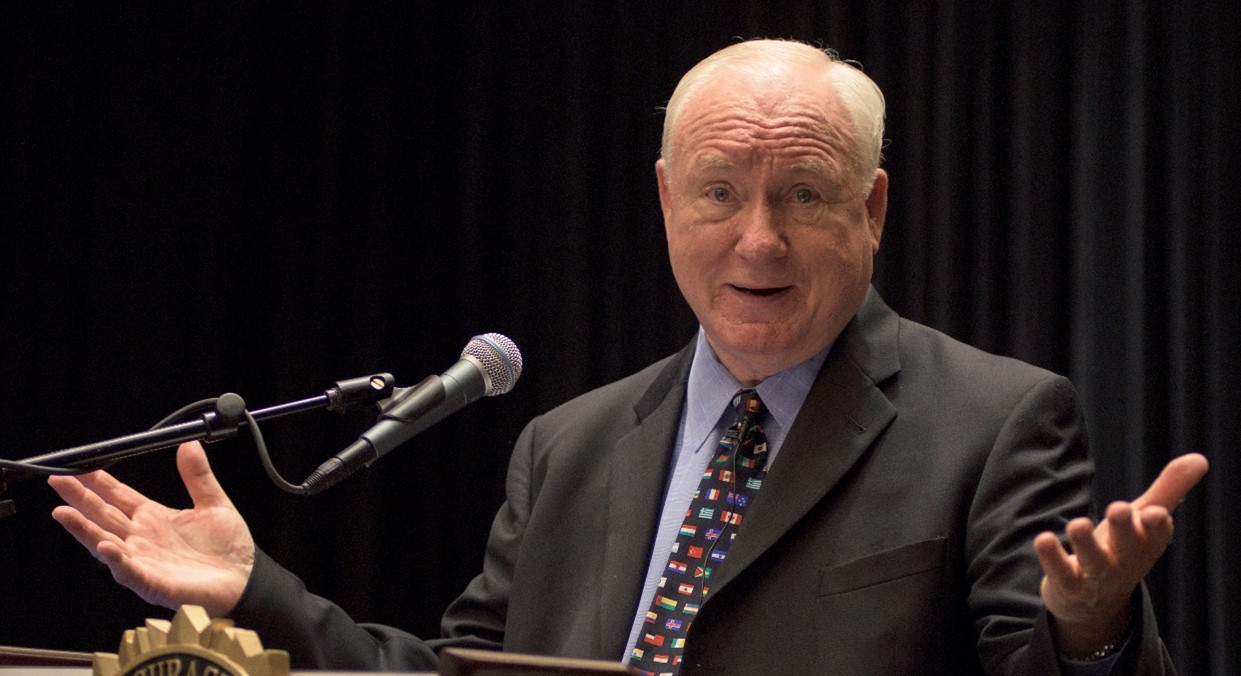“Only the truth deserves forgiveness.”
Seeking Forgiveness is society’s requirement for relationships, trust, and credibility restoration. Adverse situations using this template are remediated faster, cost a lot less, are controversial for much shorter periods of time, suffer less litigation, and help the victims come to closure more quickly. Obtaining forgiveness involves completing the nine steps below. To achieve success in the shortest possible time, these steps should be completed as quickly as possible: like start them all today. Skip a step or be insincere and the process will be incomplete and fundamentally fail.
Step #1 Candor: Outward recognition, through promptly verbalized public
acknowledgment, that a problem exists; that people or groups of people, the environment, or the public trust are affected; and that something will be promptly done to remediate the situation.
Step #2 Extreme empathy/Apology: Verbalized or written statement of personal regret, remorse, and sorrow, acknowledging personal responsibility for having injured, insulted, failed, or wronged another, humbly asking for forgiveness in exchange for more appropriate future behavior and making amends in return.
Step #3 Explanation: (no matter how silly, stupid, or embarrassing the problem-causing error was): Promptly and briefly explain why the problem occurred and the known underlying reasons or behaviors that led to the situation (even if we have only partial early information).
Step #4 Affirmation: Talk about what you’ve learned from the situation and how it will influence your future behavior. Unconditionally commit to regularly report additional information until it is all out or until no public interest remains.
Step #5 Declaration: A public commitment and discussion of specific, positive steps to be taken to conclusively address the issues and resolve the situation.
Step #6 Contrition: The continuing verbalization of regret, empathy, sympathy, and even embarrassment. Take appropriate responsibility for having allowed the situation to occur in the first place, whether by omission, commission, accident, or negligence.
Step #7 Consultation: Promptly ask for help and counsel from “victims,” the government, the community of origin, independent observers, and even from your opponents. Directly involve and request the participation of those most directly affected to help develop more permanent solutions and more acceptable behaviors, and to design principles and approaches that will preclude similar problems from re-occurring.
Step #8 Commitment: Publicly set your goals at zero. Zero errors, zero defects, zero dumb decisions, and zero problems. Publicly promise that, to the best of your ability, situations like this will be permanently prevented.
Step #9 Restitution: Find a way to quickly pay the price. Make or require restitution. Go beyond community and victim expectations, and what would be required under normal circumstances to remediate the problem.
Liars may be forgiven but they always know and fear that they will be found out.


